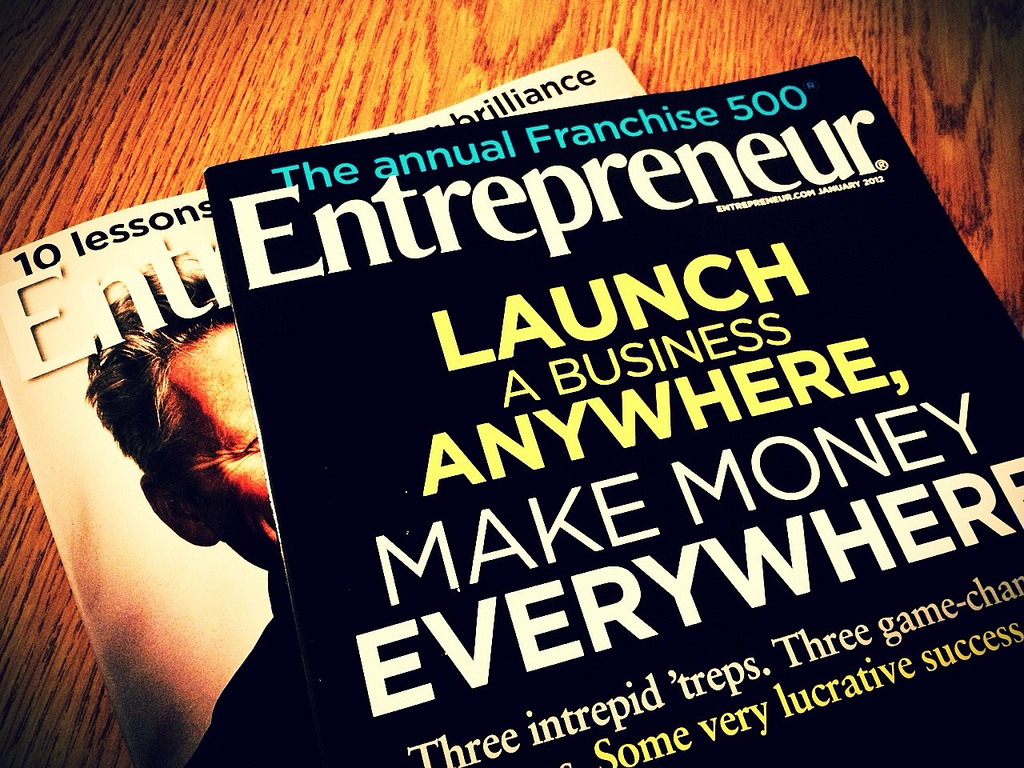Welcome back to Visalawyerblog! In this post, we share with you an exciting new update from the United States Citizenship and Immigration Services (USCIS) that will provide relief to those who have received a Request for Evidence, Notice of Intent to Deny (NOID), or such similar request.
USCIS RFE/NOID Flexibility Continued for Responses to Agency Requests
USCIS has announced that it will continue its flexibility policy giving applicants and petitioners more time to respond to Requests for Evidence during the COVID-19 pandemic and such related requests.
Today, Thursday December 30, 2021, USCIS made the announcement stating it will continue to give applicants who have received a request for evidence, notice of intent to deny, or such a related document, an additional 60 calendar days after the response deadline indicated on the notice or request, to submit a response to a request or notice, provided the request or notice was issued by USCIS between March 1, 2020 through March 26, 2022.
This is great news because it will allow applicants and petitioners more time to gather documents that are hard to obtain during the COVID-10 pandemic.
What documents qualify for this flexibility in responding?
Applicants who receive any of the below mentioned documents dated between March 1, 2020 and March 26, 2022 can take advantage of the additional 60 calendar days to respond to the request or notice:
- Requests for Evidence;
- Continuations to Request Evidence (N-14);
- Notices of Intent to Deny;
- Notices of Intent to Revoke;
- Notices of Intent to Rescind;
- Notices of Intent to Terminate regional investment centers; and
- Motions to Reopen an N-400 pursuant to 8 CFR 335.5, Receipt of Derogatory Information After Grant.
In addition, USCIS will consider a Form I-290B, Notice of Appeal or Motion or Form N-336, Request for a Hearing on a Decision in Naturalization Proceedings, if:
 Visa Lawyer Blog
Visa Lawyer Blog












